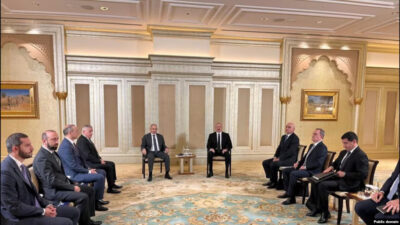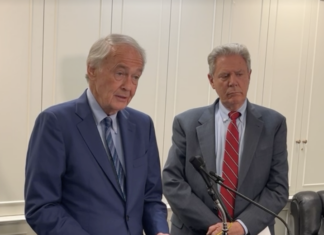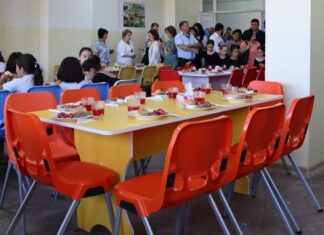By Gabriella Gage
Mirror-Spectator Staff
BOSTON — The ongoing conflict in Syria has resulted in the displacement of thousands of Syrian Armenians, the majority of whom have fled to Armenia and Lebanon, but also to Iraq, Jordan and elsewhere. The impact of fighting in Syria has unsurprisingly been felt throughout the diaspora.
Prior to the conflict, more than 90,000 Armenians called Syria their home, predominately in the cities of Aleppo, Damascus, Homs, Kamishli and Latakia.
Despite the political, regional and religious divisions that sometimes hinder large-scale cooperative efforts in the global Armenian community, many organization throughout the diaspora have united in their efforts to address the needs of Syrians.
According to Professor Ara Sanjian of the University of Michigan, Dearborn, there are two dimensions to the Syrian conflict. The first is the internal conflict that was sparked after years of the centralized authoritarian government failing to meet the needs of the general population, especially in rural areas. From the initial upheaval in rural regions, the uprisings eventually moved toward a demand for democratizing within the country by various segments of the population.







